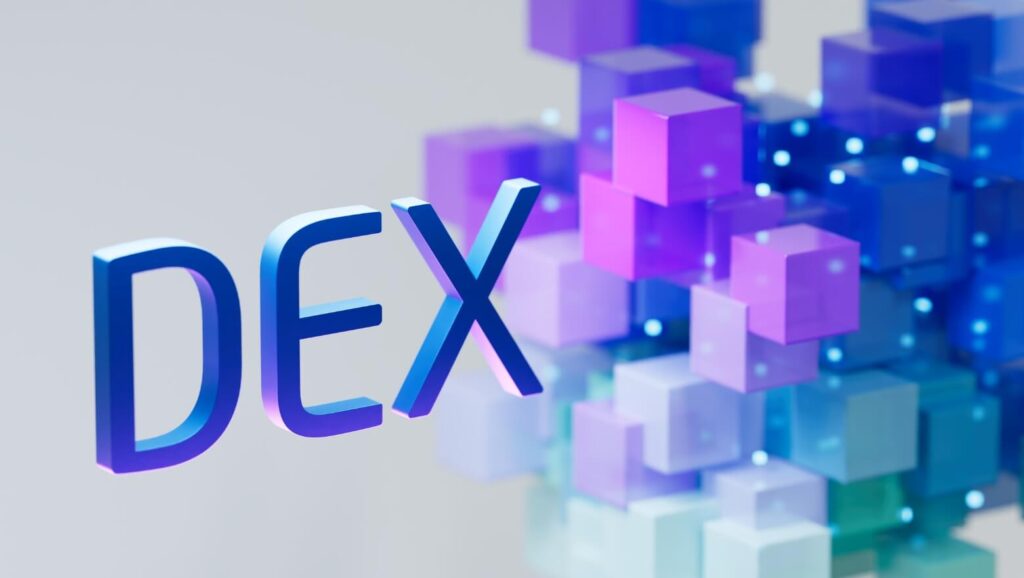Decentralized exchanges (DEX) have emerged as a crucial component of the cryptocurrency ecosystem, offering users a trustless and transparent platform to trade digital assets. In this article, we’ll delve into the intricacies of DEX technology and functionality, exploring its underlying technologies, types, security features, liquidity challenges, regulatory landscape, and future outlook. Investors, believe in yourself and invest in investment education to improve your skills! Get More Information here and start with investment education right away.
Understanding Decentralization in Exchanges
Traditional exchanges operate on centralized platforms, where a single entity manages users’ funds and executes trades. In contrast, DEX operates without a central authority, leveraging blockchain technology and smart contracts to facilitate peer-to-peer transactions. This decentralization eliminates the need for intermediaries, enhances security, and promotes censorship resistance. However, challenges such as scalability and user experience persist in DEX environments.
Core Technologies Powering DEX
Blockchain technology serves as the backbone of DEX, providing a transparent and immutable ledger for recording transactions. Smart contracts, programmable self-executing contracts deployed on blockchain networks, automate trade settlements and ensure trustless transactions. Interoperability protocols enable communication between different blockchain networks, facilitating cross-chain transactions and asset swaps.
Types of Decentralized Exchanges
DEX platforms vary in their architecture and trading mechanisms. Automated Market Makers (AMM) employ algorithmic pricing models and liquidity pools to facilitate trades, popularized by platforms like Uniswap and PancakeSwap. Order book-based exchanges match buyers and sellers using traditional order matching mechanisms. Hybrid DEX models combine elements of both AMM and order book systems to offer enhanced liquidity and trading flexibility.
Security and Trust in DEX
Decentralization enhances security by eliminating single points of failure and reducing the risk of hacking and manipulation. Smart contracts play a pivotal role in ensuring trustless transactions by automating trade settlements and escrow services. However, vulnerabilities in smart contract code and potential exploits pose security risks, necessitating rigorous audits and code reviews. Users retain control over their funds in DEX environments, practicing self-custody and non-custodial trading to mitigate counterparty risks.
Liquidity Challenges and Solutions
Liquidity is a critical factor in the success of DEX platforms, influencing price stability and trade execution efficiency. Liquidity pools, where users contribute their assets to facilitate trading, serve as the cornerstone of DEX liquidity. Strategies such as incentivized liquidity provision, yield farming, and liquidity mining encourage users to contribute to liquidity pools, enhancing market depth and reducing slippage. Liquidity aggregators and decentralized finance (DeFi) protocols facilitate seamless asset swaps across multiple liquidity pools, improving liquidity across DEX platforms.
Regulatory Landscape and Future Outlook
The regulatory landscape for DEX remains uncertain, with authorities grappling to define and regulate decentralized financial services. Compliance solutions such as decentralized governance and transparent auditing mechanisms aim to address regulatory concerns while preserving the decentralized nature of DEX platforms. Emerging trends such as decentralized autonomous organizations (DAOs) and cross-chain interoperability protocols are poised to shape the future of DEX, offering scalable and user-centric solutions for decentralized trading.
Case Studies and Real-World Applications
Several successful DEX platforms have gained prominence in the cryptocurrency space, offering innovative features and robust security measures. Platforms like SushiSwap, Curve Finance, and 1inch Exchange have established themselves as leading DEX platforms, catering to diverse user needs and trading preferences. Use cases of DEX extend beyond simple asset trading, with applications in decentralized lending, derivatives trading, and asset management. DEX plays a pivotal role in promoting financial inclusion and empowering users to participate in global financial markets without intermediaries.
Conclusion
Decentralized exchanges represent a paradigm shift in the way digital assets are traded, offering users unparalleled security, transparency, and control over their funds. As DEX technology continues to evolve and mature, it holds the potential to democratize access to financial services and reshape the global financial landscape. By understanding the core technologies, challenges, and opportunities associated with DEX, stakeholders can harness its transformative potential to drive innovation and foster financial inclusion.


